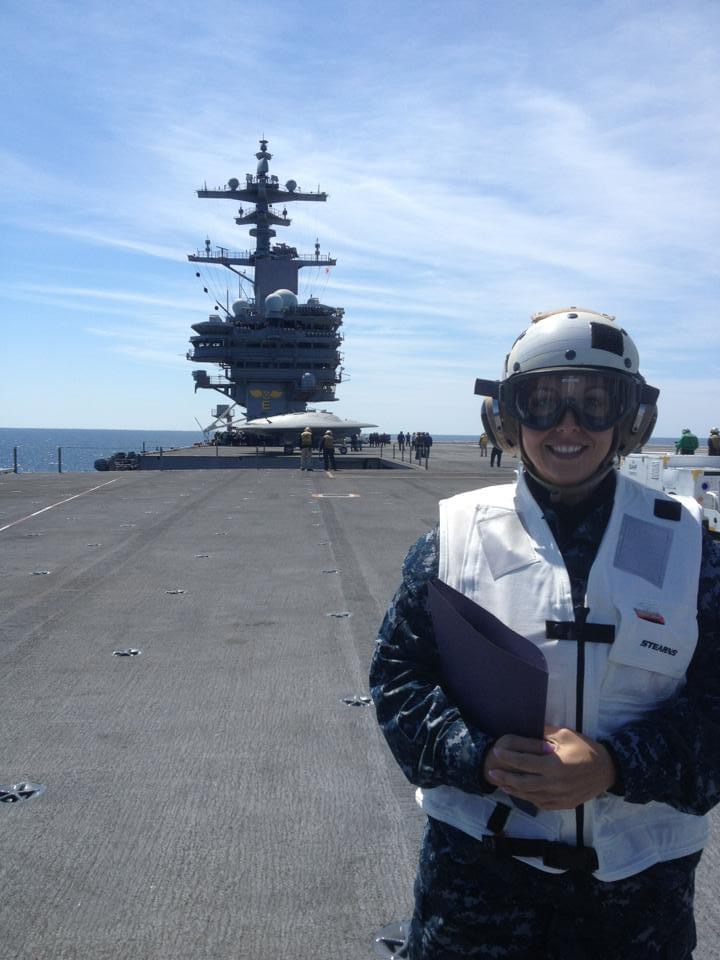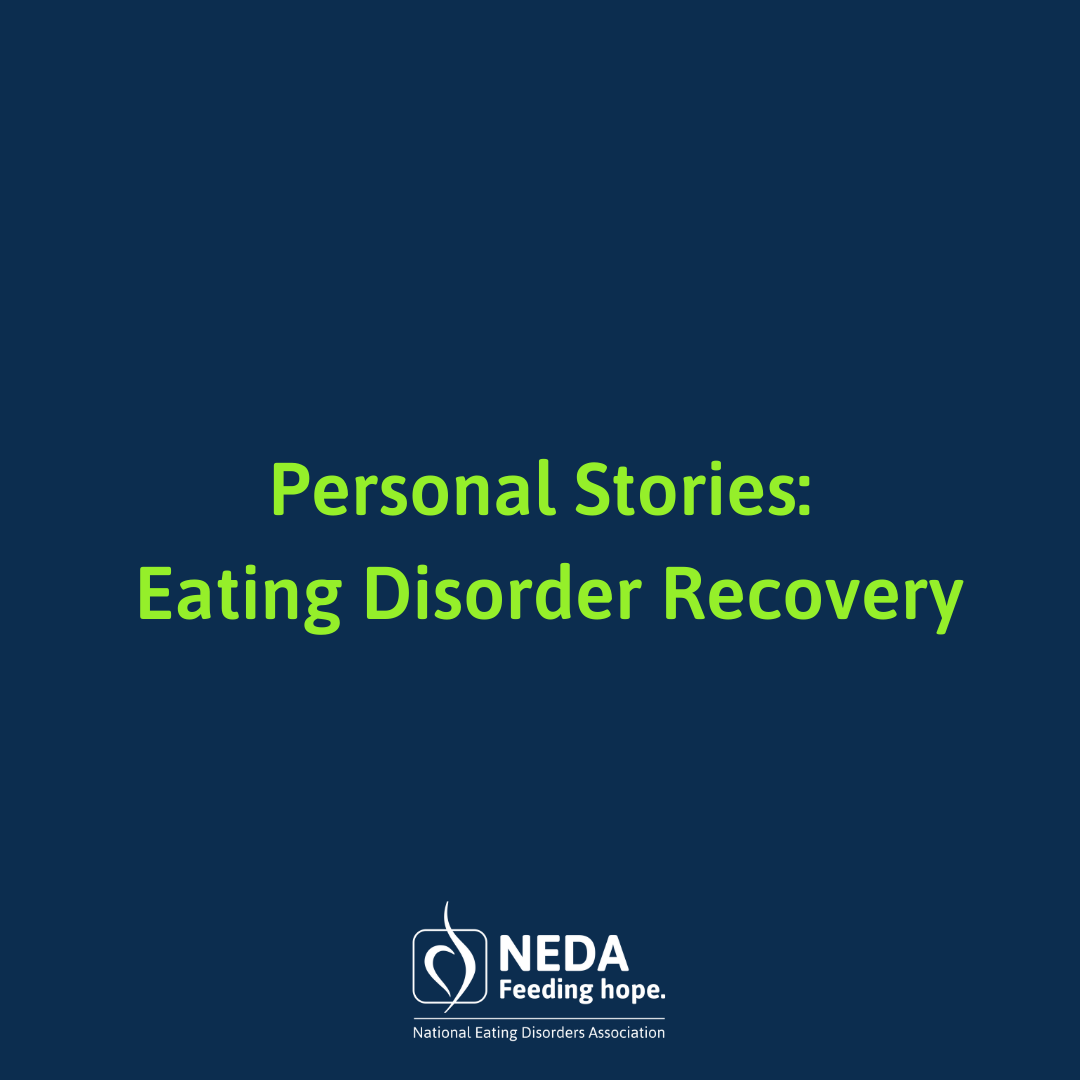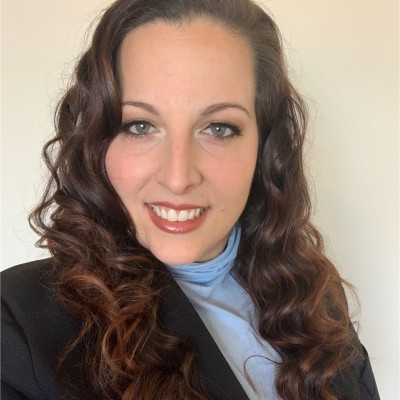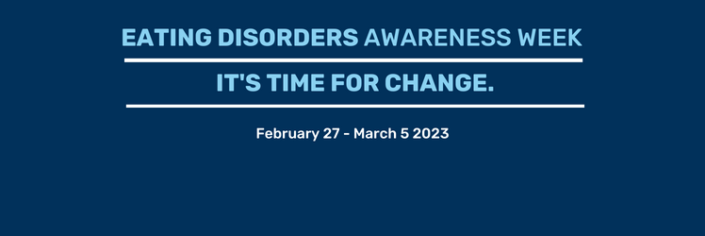Leah Stiles is a retired U.S. Navy Senior Chief Petty Officer. Since her retirement from the Navy in 2021, she has been raising awareness of eating disorders in the military and the need for insurance coverage and resources for service members, retirees and their family members. Below she discusses her struggle with an eating disorder that began when she was 12 years old and was exacerbated by career and personal demands.
What made you decide to go into the military and what branch were you in?
I always knew I wanted to serve, as far back as I can remember. It just took me some time to decide on the branch and the job. I chose to be a photographer in the Navy, and it was awesome. I grew up in foster care and residential facilities. I was exposed to a lot of abuse and trauma, and I knew the Navy would be my escape, a fresh start to make something of my life. I wanted to be a part of something. I always desired a family. I found so much of that in the Navy.

When did you begin to feel that your body size was important to your ability to grow professionally?
In boot camp. They measured us for the different uniforms. I noticed where the measuring tape stopped on me compared to others. I knew I wanted to always look sharp in my uniforms at all costs. Mandatory Body Composition Assessments were also conducted twice a year. It requires meeting height and weight standards. Also, uniform inspections are conducted regularly, so I always wanted to look my very best in uniform.
How has your eating disorder affected your personal and professional life?
It put a lot of pressure on my relationships both personally and professionally. Honesty has always been a huge priority to me and that doesn’t always combine well with the ED. I have a great support system in my life, and they deserve me at my best too.
What made you realize that your eating disorder had become a problem?
When my mother died. I also transferred to an expeditionary command and began an intense training pipeline and Chief Petty Officer initiation. It became harder to hide, to separate it from relationships and excel in my career. I drove even harder towards perfection. I gained more responsibility in the Navy. And I burned out. And that can happen to any of us.
How did those in leadership roles respond to your eating disorder?
Varied responses. Everywhere from super supportive and being persistent about getting me help all the way to wanting to punish me for it. I was told there was “no place in the Navy For me now. “ And that was the initial response the very first time I asked about help. That’s when I got worried that I would lose the ability to continue serving. It scared me. I was ashamed that I would be letting down my shipmates.
What is it about the military that you think encouraged your eating disorder?
The drive for perfection, the specific height/weight requirements and the desire to represent the uniform with the highest levels of respect. The everyday pressures of leadership and always striving to get it right. So many looking up to you, needing you to guide them. I loved it. Every minute. It was still hard.
During your time in the Navy, were eating disorders prevalent?
I think as a group we demonstrate many unhealthy actions and display various levels of disordered eating. Requirements in the Navy are extremely similar or identical to actual ED symptoms and behaviors — weigh-ins, getting taped, physical fitness tests and conversations about body image and standards.
How is the military addressing eating disorders?
Some leaders reassured me that they are taking a closer look at the issue to see what can reasonably be done. I’ve offered a list of suggestions to get us started.
How hopeful are you that the military is taking the correct action to treat and prevent eating disorders?
They have come up with support for PTSD and alcoholism, for mental health and suicide awareness. Eating disorders can be considered slow suicides. It’s time we include this in our conversations. I hope they don’t leave any shipmates behind.
What would you like for people to know about eating disorders and the military service members who suffer from them.
Eating disorders all look different. They disguise themselves in many things and don’t discriminate. They are in sisters, brothers, shipmates and leaders of every race, religion and creed. A disease this covert and far-reaching needs to be fought with compassion, transparency, and proactive stigma reduction to not only create an environment where sufferers feel empowered to still reach success in-spite of the disease, but to also prevent severe bodily harm, injury, or death.
The people who have them deserve support. They deserve resources and proper treatment from specialists—treatment which should be covered by insurance.
We sacrifice a great deal of our lives and bodies for the honor of protecting and fighting for the freedoms of others. Now we are asking for the institution to which we have dedicated ourselves to help us fight for a different kind of freedom: freedom from the debilitating and often fatal disease that is thriving within our current culture and standards. It is important that TRICARE, the military health insurance provider, covers treatment even for service members over the age of 21. Right now, we have such limited resources available.






